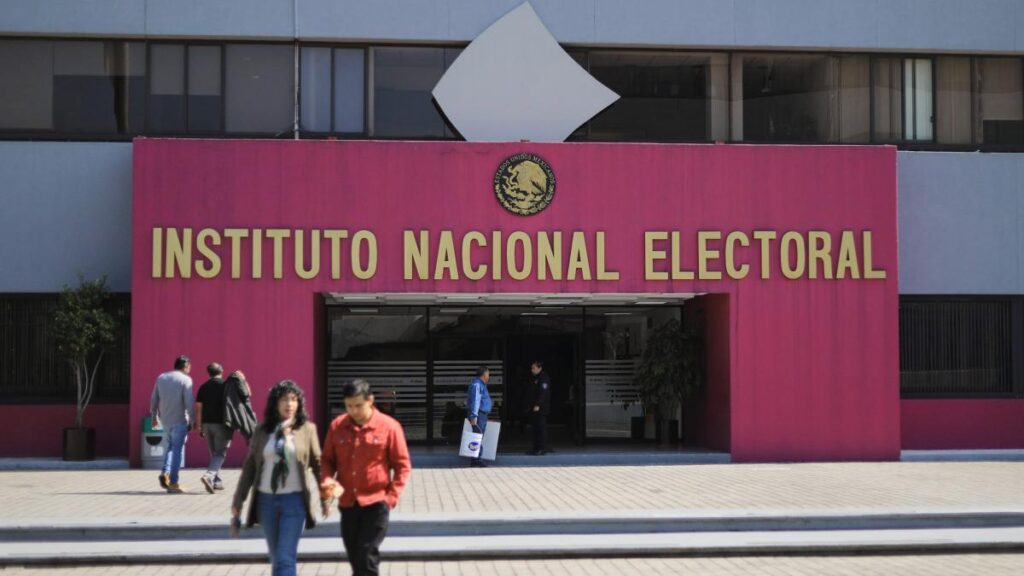Introduction to the INE and its Role
The Independent Electoral Institute (INE) is a Mexican governmental body responsible for organizing and supervising elections at the federal level. Guadalupe Taddei, the INE’s presiding councilor, has affirmed that the institute is fulfilling its duty to promote and simplify the voting process, especially for the complex judicial elections.
“Know Them, Practice, and Locate” (CPU) Initiative
To further streamline the voting process, the INE has introduced a platform called “Know Them, Practice, and Locate” (CPU). This initiative aims to minimize the average voting time, currently estimated at 9 minutes and 30 seconds, for Mexican citizens.
The CPU Platform Details
During the presentation of the CPU system, Councilor Guadalupe Taddei explained that the platform will enable citizens to familiarize themselves with the voting process for the upcoming election on June 1st. Councilor Norma Irene De la Cruz elaborated that the “Practice” component of CPU is designed to help voters reduce time spent at voting booths. She mentioned that the number of ballots will vary depending on the state, ranging from three in Mexico City to four in the State of Mexico.
Citizen Engagement and Transparency
Councilor Taddei emphasized that, contrary to some claims, this electoral process has been closely engaging citizens. She highlighted that the high demand for observer roles demonstrates the public’s commitment to safeguarding their electoral processes. Taddei also dismissed any possibility of “black hand” interference in the elections, asserting that citizens are actively participating and ensuring a transparent process.
Key Questions and Answers
- What is the INE? The Independent Electoral Institute (INE) is a Mexican governmental body responsible for organizing and supervising federal elections.
- What is the “Know Them, Practice, and Locate” (CPU) platform? It is an initiative by the INE to familiarize citizens with the voting process, minimize voting time, and ensure a smooth experience for the upcoming judicial election on June 1st.
- How many ballots will citizens receive? The number of ballots varies depending on the state. For example, Mexico City voters will receive three ballots, while those in the State of Mexico will have four.
- Is there concern about “black hand” interference in the elections? Councilor Taddei dismissed any possibility of such interference, emphasizing the high level of citizen engagement and commitment to a transparent electoral process.






